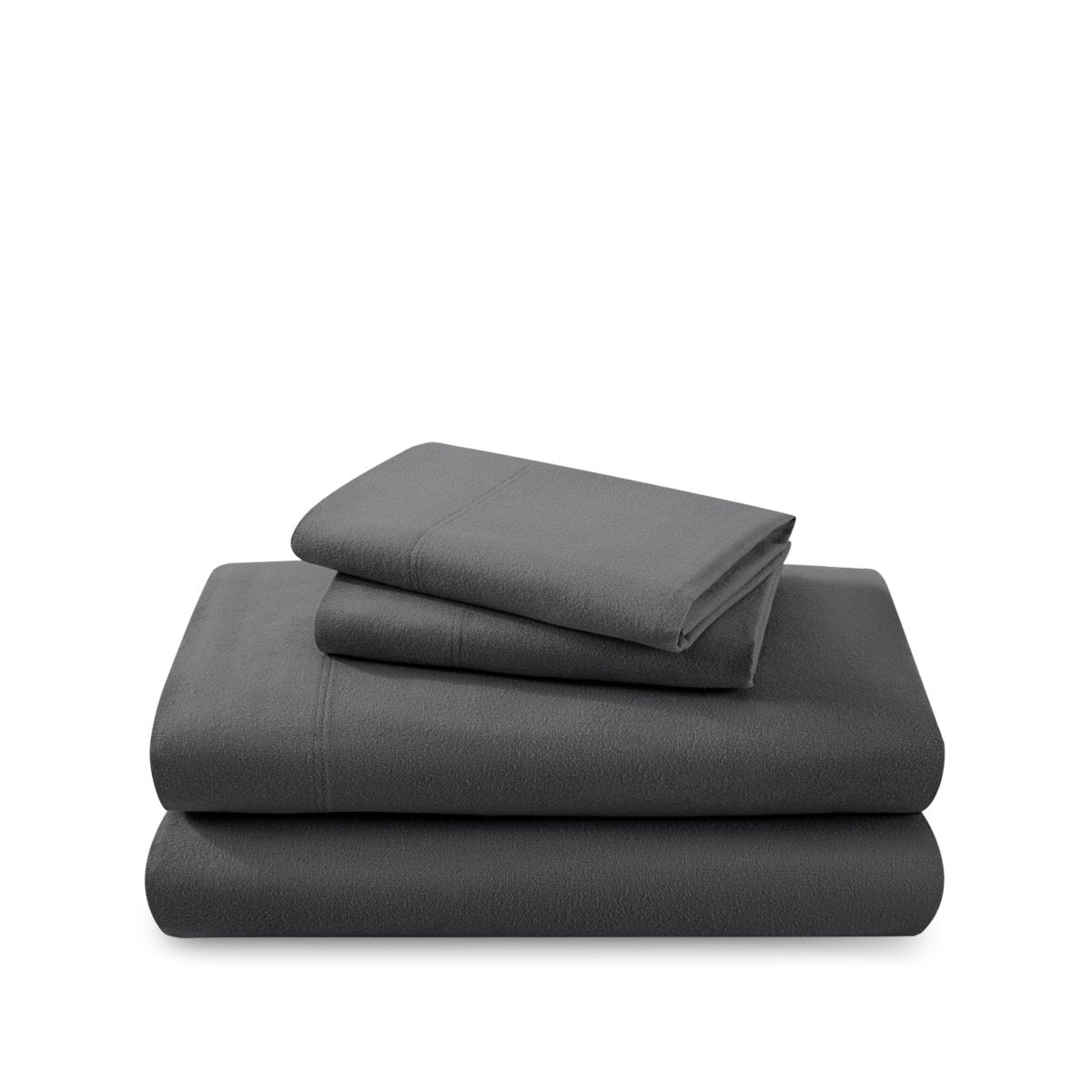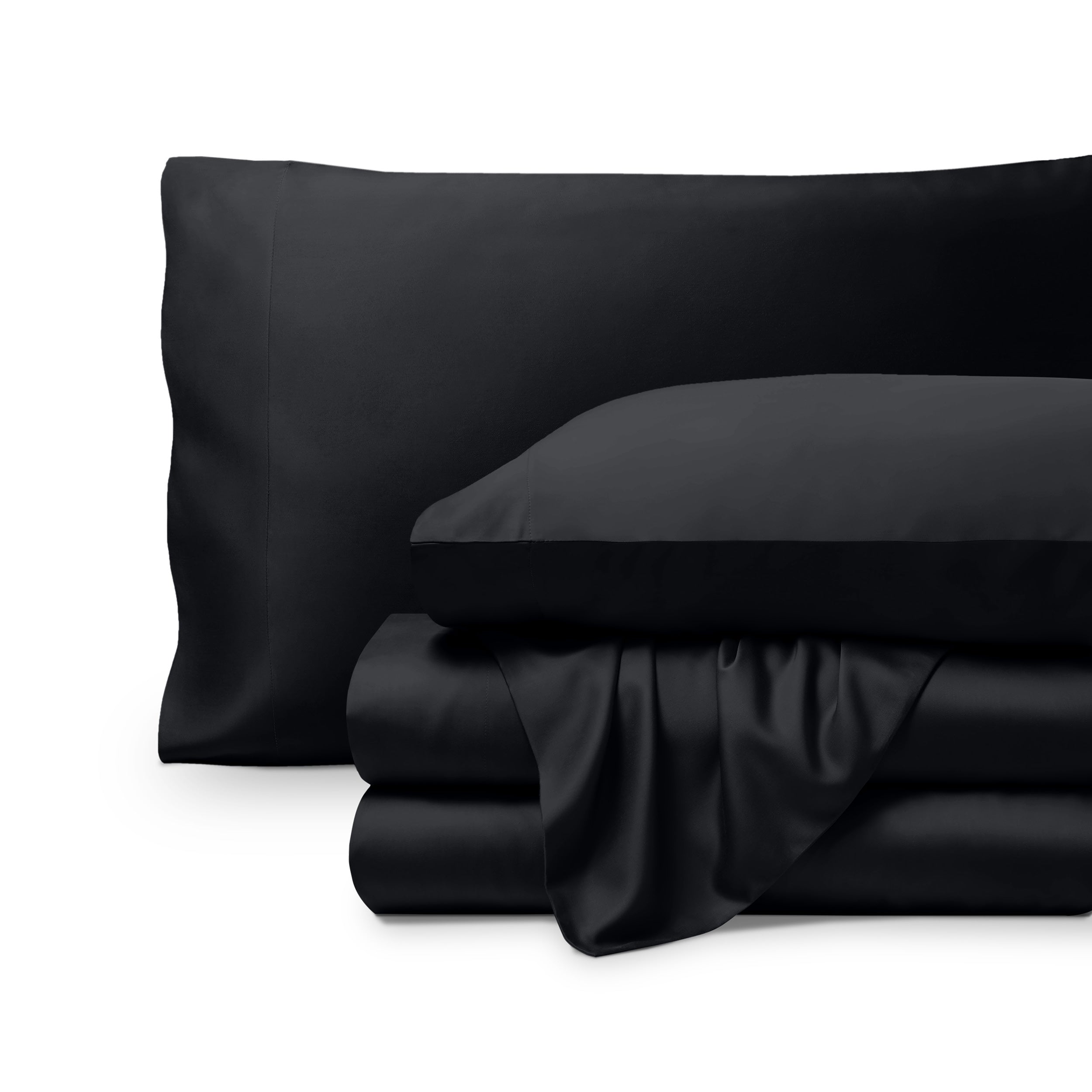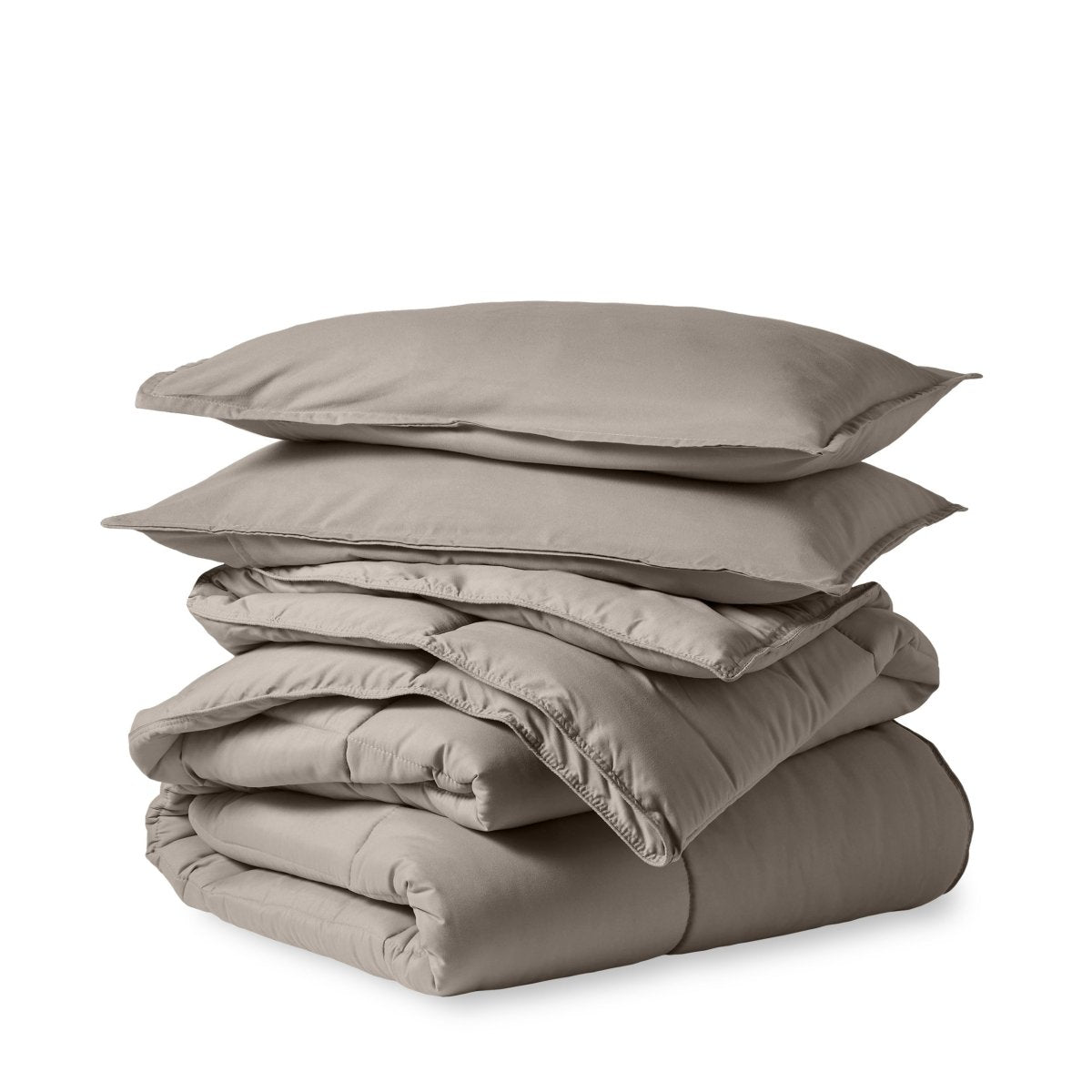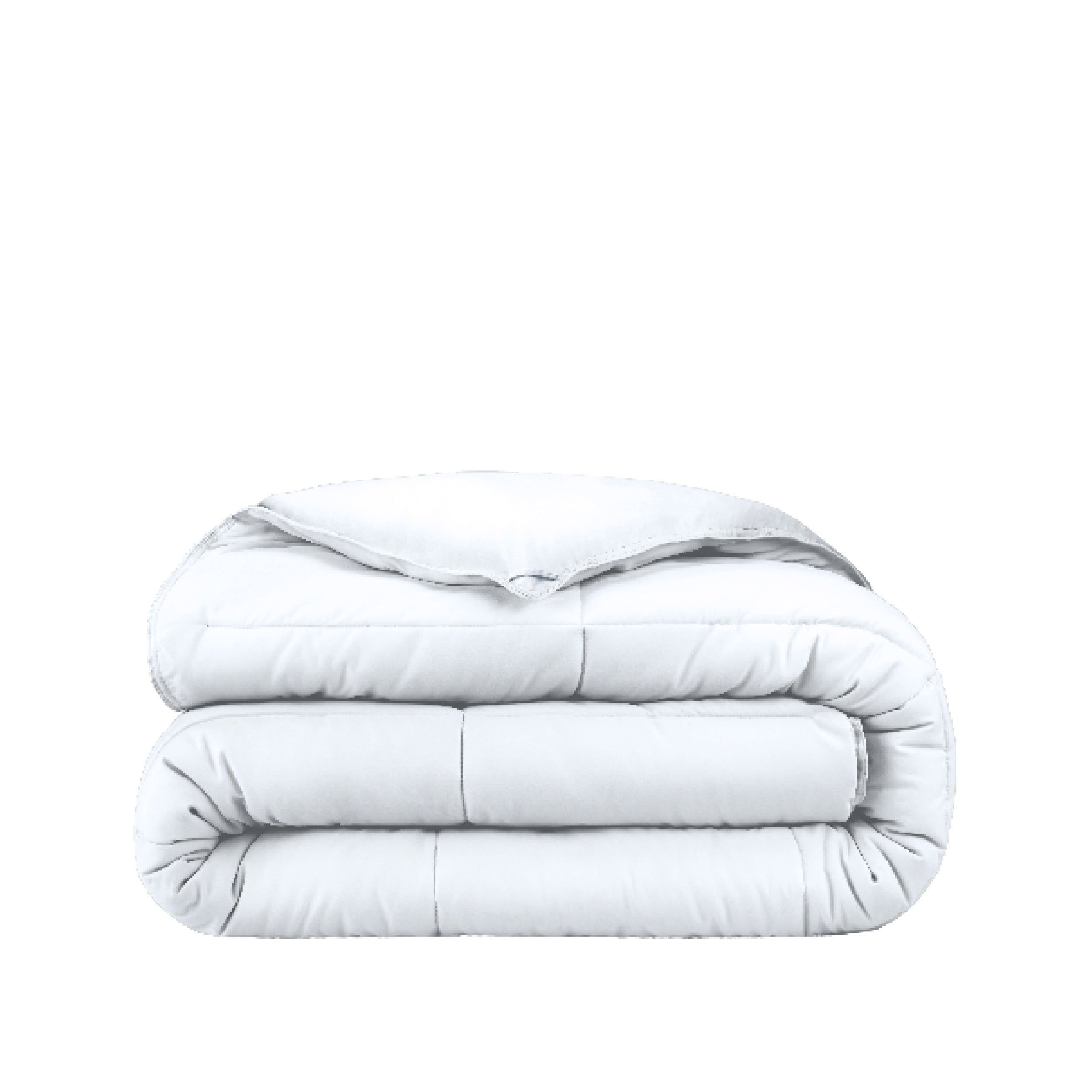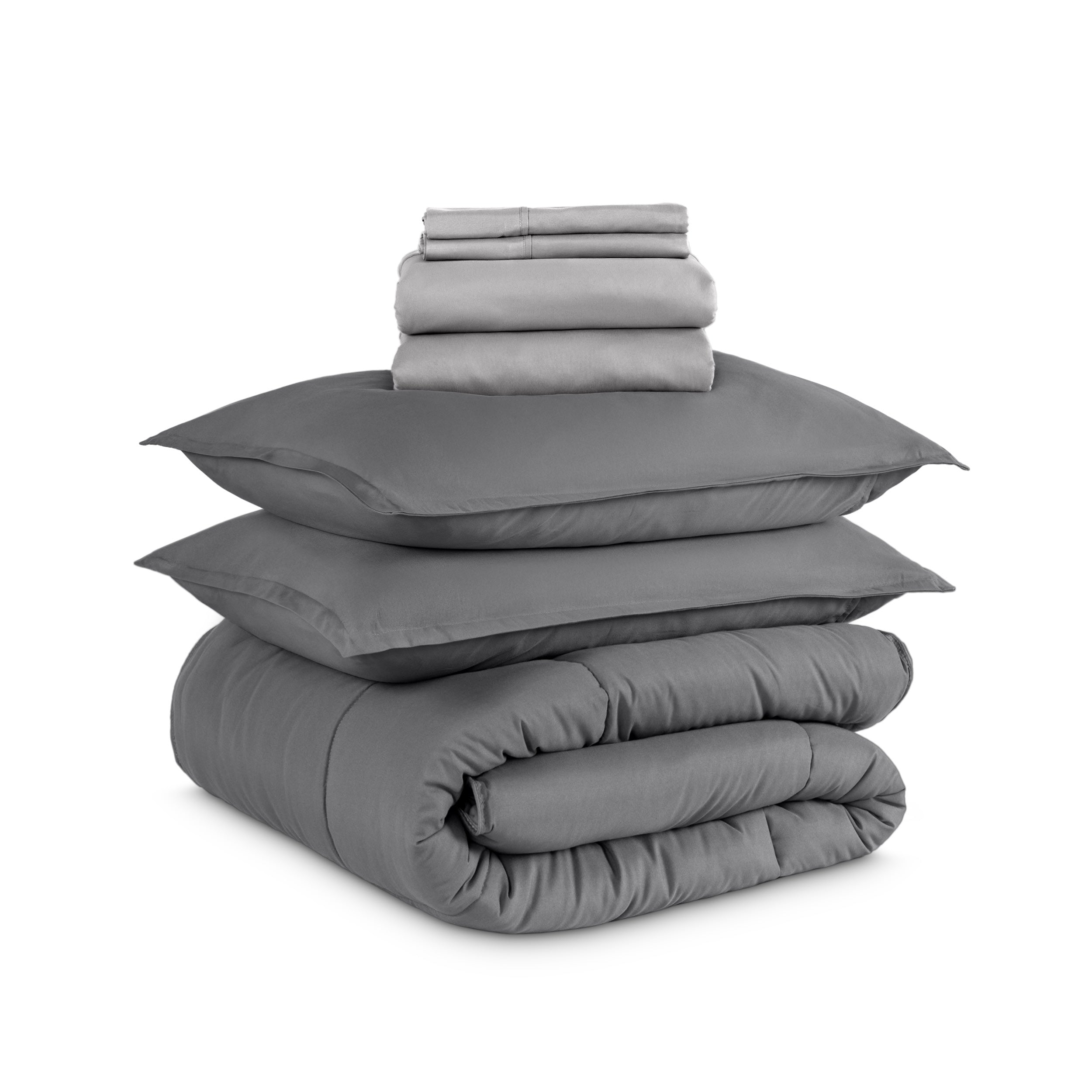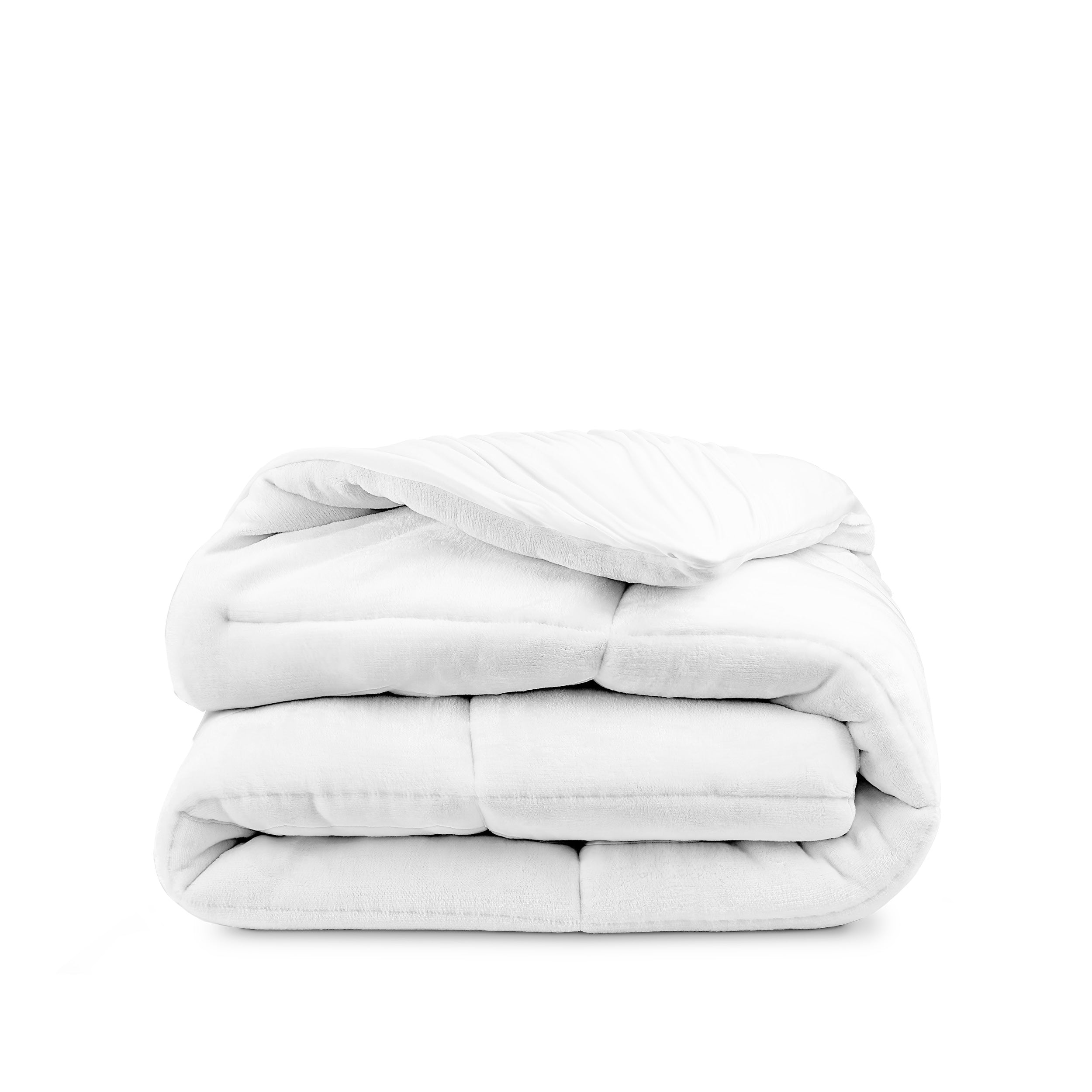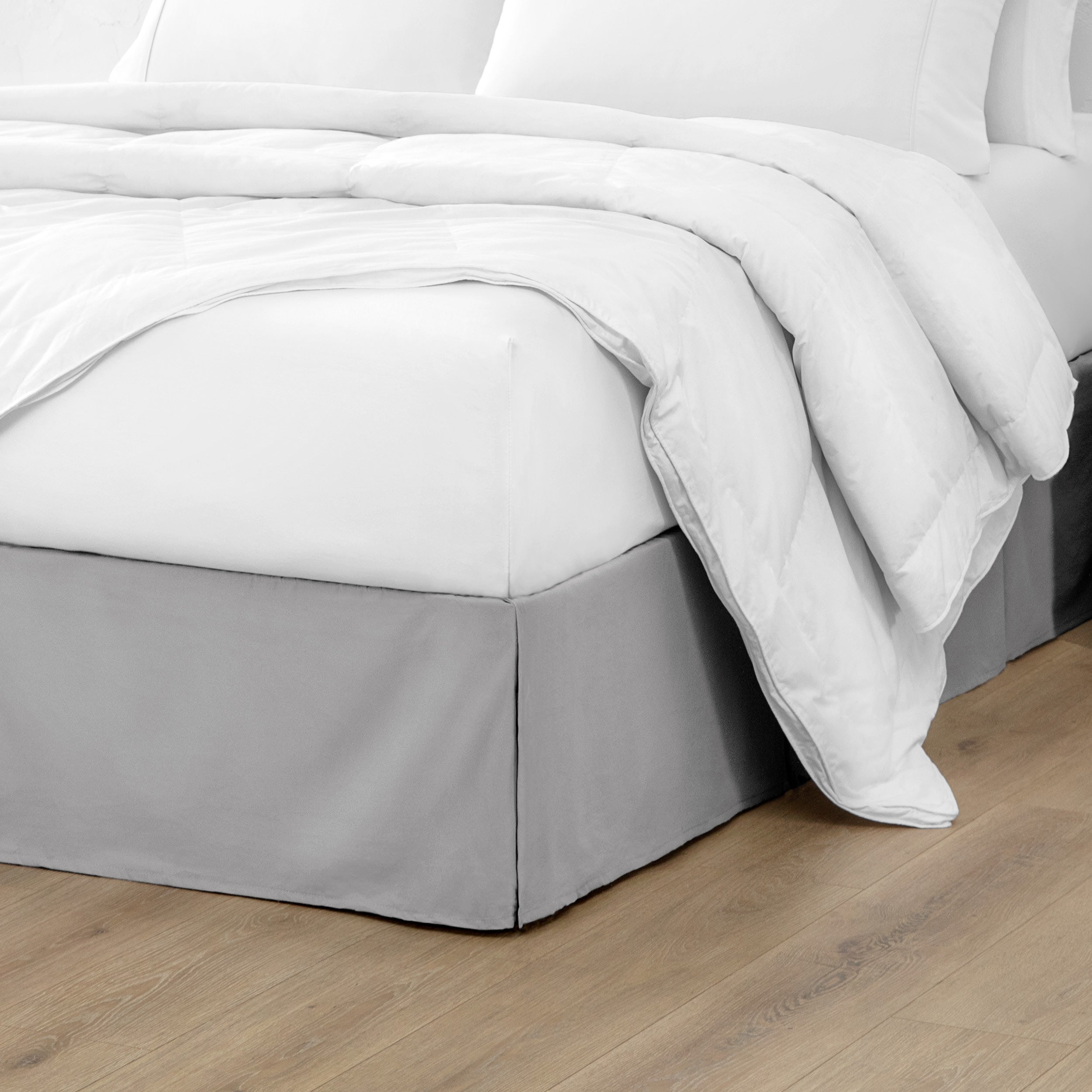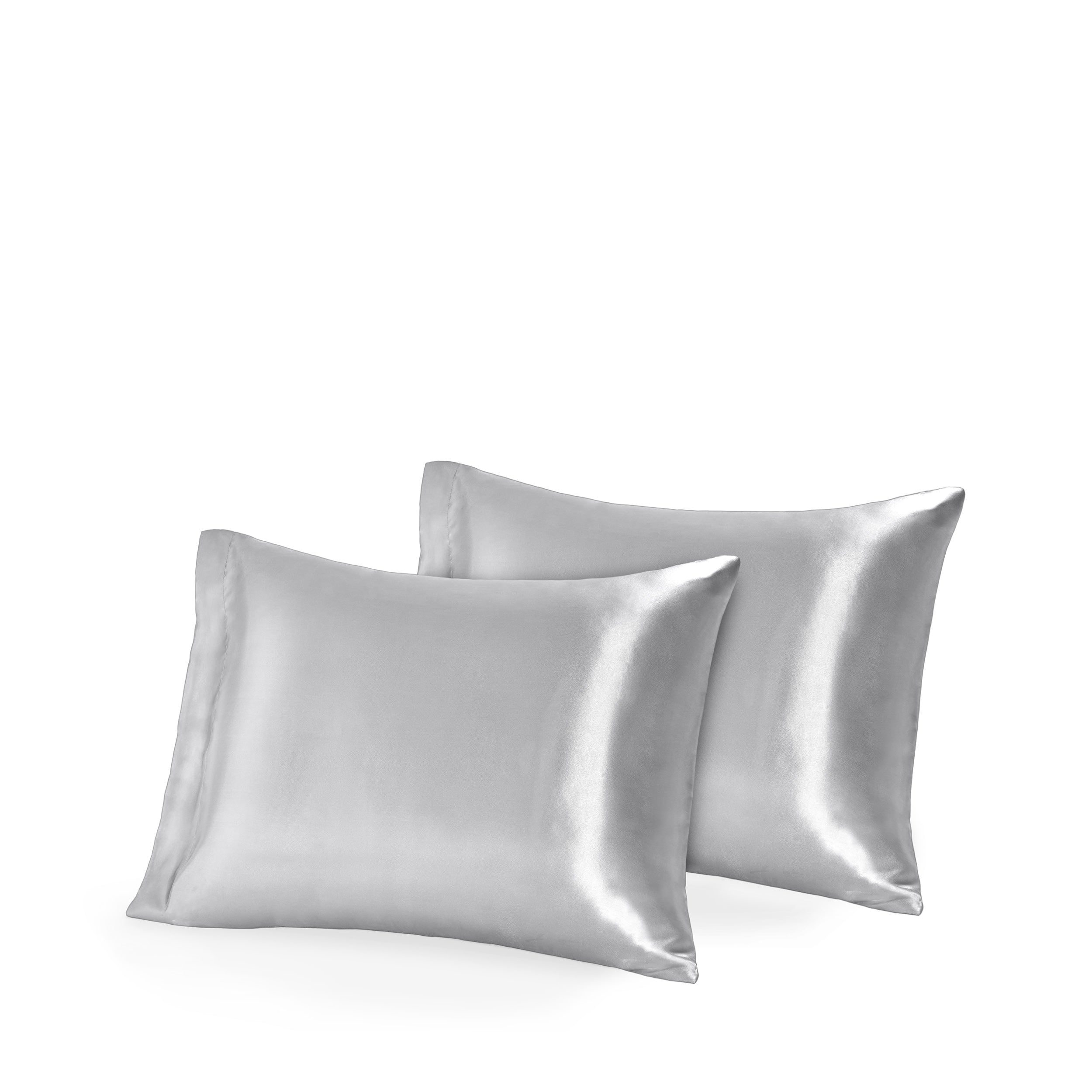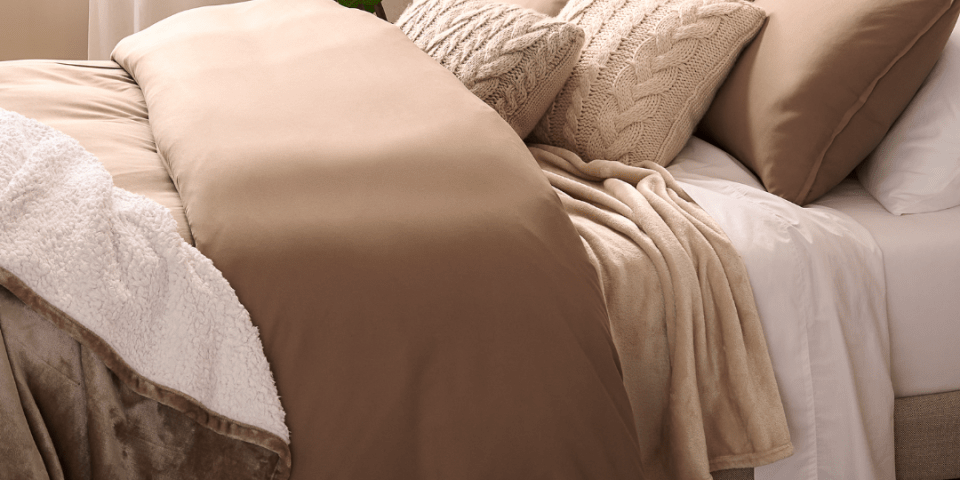It's the middle of winter, and for a lot of people that means shorter days, colder temperatures, and all-around less sunlight. Most of us feel like we're fighting against the darkness just to make it through winter. For some, this seasonal change can also mean feeling tired and out of sorts. Seasonal affective disorder (SAD) can cause a lack of energy, sleeping problems, and even depression during the winter months. But don't worry, we've got some tips to help you get better sleep this winter!
Winter Sleep Challenges
Winter is a time of cozy sweaters, hot cocoa, and falling snow - but it can also be a troublesome time for those trying to adjust their sleep habits. Many people find themselves struggling to get adequate rest during winter months due to lower temperatures, shortened days, and longer nights.
With the cold temperatures, it's easy to want to turn up the heat. Since temperature changes are an essential part of our natural circadian rhythm, our sleep may be disrupted as our bodies react to the increased temperature changes in our environment.
The lack of sunlight during these months can also throw off the body's natural circadian rhythm, making it difficult to adjust bedtimes and wake times. Further complicating matters is seasonal affective disorder (SAD), or depression caused by extended hours of darkness, leaving many feeling sluggish throughout the day. With some effort, however, winter snoozers can learn how best to navigate the season's chilly challenges to get a better night's sleep.

Don't Be SAD
Seasonal Affective Disorder (SAD) is a type of mood disorder that tends to affect people during the times of the year when it's darker for a longer period. According to experts in this field, a lack of sunlight and changing hormone levels can severely disrupt one's sleeping habits and lead to disturbances such as insomnia and fatigue.
Indeed, those suffering from SAD often have trouble staying asleep or falling asleep resulting in poorer quality sleep overall. People with SAD may also find themselves feeling overly tired throughout the day, which can be detrimental to both their physical and mental health. As a result, managing SAD starts with identifying potential underlying causes to tackle any sleep deprivation connected with this serious condition.

Effects of Too Little (or Too Much) Sleep
If you haven't been getting enough sleep lately, you may be more irritable and have trouble focusing. Your body may be struggling too – research has shown that not getting enough rest can lead to weakened immunity, increased risk of stroke or heart attack, weight gain, and a host of other long-term health problems. Medical professionals recommend adults get seven to eight hours of sleep each night to function optimally.
Those who get too much sleep might think they are doing themselves a favor but sleeping more than nine hours per night can also cause negative effects on health, like an increase in the risk for diabetes, headaches, and depression. With both lack of sleep and sleeping too much impacting your physical, mental, and emotional well-being it's clear why making sure you get adequate rest is so important.

The Importance of Routine
A good sleep routine is essential for our overall health and happiness. A regular sleeping pattern helps the body to regulate itself and creates a sense of schedule and structure in the day. When our bodies know when to expect rest, functions like alertness, concentration, and memory are improved; on the other hand, when we don't get enough sleep, it's difficult to stay focused throughout the day or make decisions as efficiently.
Regular sleep also helps if we want to maintain a healthy diet. With increased slow-wave sleep, the body produces more human growth hormone, which in turn improves metabolism. Finally, having a good sleep routine will boost your mood and reduce symptoms of depression or anxiety. Taking care of yourself by getting enough rest will lead to a better night's sleep and overall healthier life!
Your Guide to Sleeping in the Winter
Winter can be a challenging time of year when it comes to regulating sleep patterns. To make sure you're still getting the quality shuteye you need during the colder months, there are some important tips to follow.
Limit Device Time
To avoid common sleep disruptions, it's best to limit your device time and keep them out of your sleeping area. This can help reduce exposure to blue light, which tricks the brain into keeping you awake and makes it harder to fall asleep.
It also prevents distraction during times dedicated for relaxing and sleeping– meaning better quality of restorative shut-eye when the sun sets earlier in winter. Limiting device time in this way may take some effort but will pay off by making your body more apt at finding its natural rhythm with the changing season.
Optimize Nutrition
Proper nutrition and limiting caffeine intake can go a long way to help regulate our sleep cycles around this time of year. Eating a balanced diet full of healthy nutrients such as proteins, carbs, and healthy fats can maintain steady energy levels throughout the day and make drifting off at night that much easier. Foods high in B vitamins may even help regulate melatonin.
Limiting caffeine to just one cup per day (preferably in the morning) ensures its stimulant effects won't interfere with your nighttime routine. Additionally, adding certain supplements to your daily routine may also help boost your body's ability to get a good rest during winter days. Find out what options work best for you!
Increase Exposure to Daylight
During winter months, our body's internal clock can be thrown off if we don't regulate our sleep cycles through natural light exposure. Adding extra daylight into your day is an effective way to keep the body's circadian rhythm in balance.
A lightbox, which emits a 10,000 lux intensity of light, mimicking sunlight and filtering out harmful ultraviolet rays, is another choice for regulating sleep patterns. The brightness of the lightbox helps combat seasonal affective disorder (SAD) by activating the responsible chemicals in our brains. Not only that, but it also helps produce vitamin D in our bodies as well - a crucial nutrient when days are shorter, and nights are longer.

Regulate Temperature
Properly regulating body temperature is an essential element of getting a good night´s sleep. During the winter months, however, it can be especially difficult due to cooler temperatures. To properly regulate body temperature in cold weather, it is beneficial to dress in light layers so that they can be added or removed as needed. Opting for materials such as flannel or fleece can be particularly helpful in keeping heated air close to the skin.
Taking a hot bath or shower before bedtime can be very beneficial in aiding your ability to get some rest. Not only does the warm water help relax tired muscles, but it has been found that the sudden temperature change when you get out of the bath or shower signals to your body and mind that it is time for sleep. To gain the full benefit of this activity, make sure your temperature goes from hot to cold, as opposed to vice versa; this should give you the best signal for sleep onset.
Additionally, ensuring that your bedroom is at a suitable temperature - around 65 degrees- and free of drafts may help to improve the process of regulating body temperature while sleeping. All these tips are important considerations for those looking for a good night's rest on cold winter nights.
Create a Relaxing Bedtime Ritual
Creating a stress-relieving bedtime ritual is an easy way to ensure you get a good night's sleep every single night. Consider practices like journaling and recording what happened in the day to let go of any lingering worries or thoughts ruining your relaxation. It helps to listen to calming music as well to set the mood for some quality rest.
Lastly, practice deep breathing exercises that focus on taking long, slow breaths and gradually letting the tension go from your body. Implementing these relaxing activities can make all the difference when it comes to improving your experience of sleeping peacefully through the night.
Adhere to a Consistent Bedtime
As tempting as it may be to stay up later than usual, or to spend extended periods in bed on chilly winter days, these practices can create a major disruption to your sleep cycle and have a significant effect on the quality of your sleep. Instead, try to adhere to your normal sleep-wake schedule - this will help signal to the body that it's time for rest.
Conclusion
Winter can be a difficult time to get enough sleep. The shorter days and colder weather make it harder to stick to a regular sleep schedule. If you're struggling with fatigue or sleepiness during the winter, talk to your doctor. There are also things you can do on your own to improve your sleep quality, like following a bedtime routine and making sure your bedroom is comfortable and dark. By taking these steps, you can help yourself get the restful night's sleep you need to feel your best all season long.
Cool Science Stuff:
Sleep Problems and Seasonal Affective Disorder
The Link Between Nutrition and Sleep

